
It is vital that we determine what our methodology for teaching will be.
Now, it’s not that we can’t ever teach a subject in a different way, but we need to ask ourselves: will I be primarily teaching my kids using textbooks, online resources, hands-on / kinesthetic learning, unit studies?
Our family chose to homeschool using a classical Christian methodology through a literature-based approach. Literature-based learning was not only incredibly effective for our family, it was also a joy to live out.

Literature Based Learning
All kinds of literature–nonfiction, novels, historical fiction, biographies, and more–can be used to educate your children. Books are a fabulous way for kids to learn about history, math, God, science, and more!
No matter what your educational methodology, you’ll want to incorporate great books into your family’s learning experience.

6 Tips for a Literature Based Approach
After 12 years of employing a literature based approach to schooling (we even used a literature based homeschool curriculum), here are my six best tips to help you employ a literature based approach for your homeschool. Listen to the video for some in-depth instruction!
1) Organize Literature Based Learning Chronologically or Topically in Units
By creating a structure for your study that is based on either a timeline or a topic, you can easily add books that will help your kids learn through books.
When you are dividing your learning into subjects, be certain you make Bible a separate subject. Christian history is not a substitute for God’s Word. It’s a whole different subject entirely! For a literature-based Bible curriculum that’s open-and-go, take a look at Bible Road Trip™!
2) Pick a Spine Book for Each Unit
Each unit in each subject needs a spine book–a nonfiction book or book set which you’ll use as an overview of the subject. For instance:
- For Bible, the Bible is your spine text.
- Studying the Reformation with your 7-11 year olds? Use the Who What Why | Reformation books (Who Was Martin Luther?, What Was the Gutenberg Bible?, and Why Did Slavery End?) as a set as your spine books.
- For Abolition, the Who What Why |Abolition books (Who Were the Abolitionists?, What Was the Underground Railroad?, and Why Did Slavery End?) make a perfect spine set.
3) Vary Types of Books Used in Your Literature Based Approach
There are lots of different types of books you can use to study a subject or time period. Reading a number of books from different viewpoints can be really helpful! Different books will expand your child’s knowledge and perspective on an issue.
Types of books to look at include:
- Source documents – You can find some that are illustrated for kids.
- Historical fiction – Like When Lightning Struck!: The Story of Martin Luther.
- Nonfiction – Narrative and / or illustrated nonfiction is especially fun. – Like the Who What Why Christian history series.
- Biographies and autobiographies
- Literature written during the time period
- Christian history – Don’t forget to include biographies, nonfiction, and historical fiction written from or about a Christian worldview in each unit!
Check out this great big list of Christian history books, listed by time period and age range.
Have fun–your kids can learn a lot as you combine book types, using a variety each week. Spread each book over 2-4 weeks and use a variety!
4) Narrate Learning through Notebooking (or Lapbooking!)
Noebooking is a wonderful tool to help kids narrate what they’ve learned in a written way. Here at Thinking Kids, you’ll find a number of articles on notebooking. We also have some great articles on what notebooking is, how to utilize it as a tool, and we also have some great notebooks available for you!
5) Use a Timeline Journal
Using a timeline journal will help your kids pull information together, making connections. Often we only study history and subjects topically, but nothing happens in a vacuum. We want our kids to be able to understand, for example, that the abolition movement affected much of the history for two hundred years, from 1688-1888.
Fourth to 6th graders can record dates and events. Middle school students have brains that are actively making connections, so certainly use a timeline journal for your 7th-9th graders.

6) Use Both Read Alouds and Independent Reading — Regardless of Student Age
Reading aloud to your kids is a wonderful tool for bonding. And, it gives you a wonderful opportunity to discuss what you’ve read, helping kids think through history, theology, and big ideas.
As your children age, reading independently will become an important part of their development educationally, as well!
Literature-based learning is a wonderful tool for your homeschool. Even if you don’t base your whole educational philosophy on a literature based approach, your kids will benefit from literature based units!
Books Make Great Gifts!

Learn more about the Who What Why series and get your FREE Abolition Lapbooks here.
Bible Resources for Your Kids
Learn More HereLearn More HereLearn More HereLearn More HereLearn More HereLearn More Here
Christian Biographies for Kids | Christian History for Kids | Theology for Kids

Christian History Matters for Our Kids.
History matters. Now, more than ever, we see how important it is for our children to know and understand history and the Bible.
Here’s why:
- God is the sovereign ruler of all things. It’s important for our kids to see his hand in the history of nations and in the lives of both peasants and kings.
- Christian history is the story of our family history. Our kids get to see how people who love Jesus follow him.
- Understanding history can help our kids learn historic and biblical theology. They learn what the Bible says and what that means for us. They also see when the study of Scripture has taken important turns that have changed the Church.
- Reading Christian biographies and history can be a wonderful way for kids to think outside their own time and culture. God’s Church spans centuries and includes people from every nation.
- Christian biographies help kids consider their own faith, walk with Jesus, and the impact their witness may one day have on others–and on history.




Grab the autographed Reformation Family Bundle!
More Thinking Kids Posts You’ll Love!

Join the newsletter
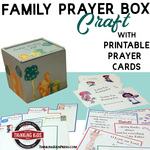
Get the Family Prayer Box Project FREE!
Teach your children to pray with this fun project that includes 7 printable sets!





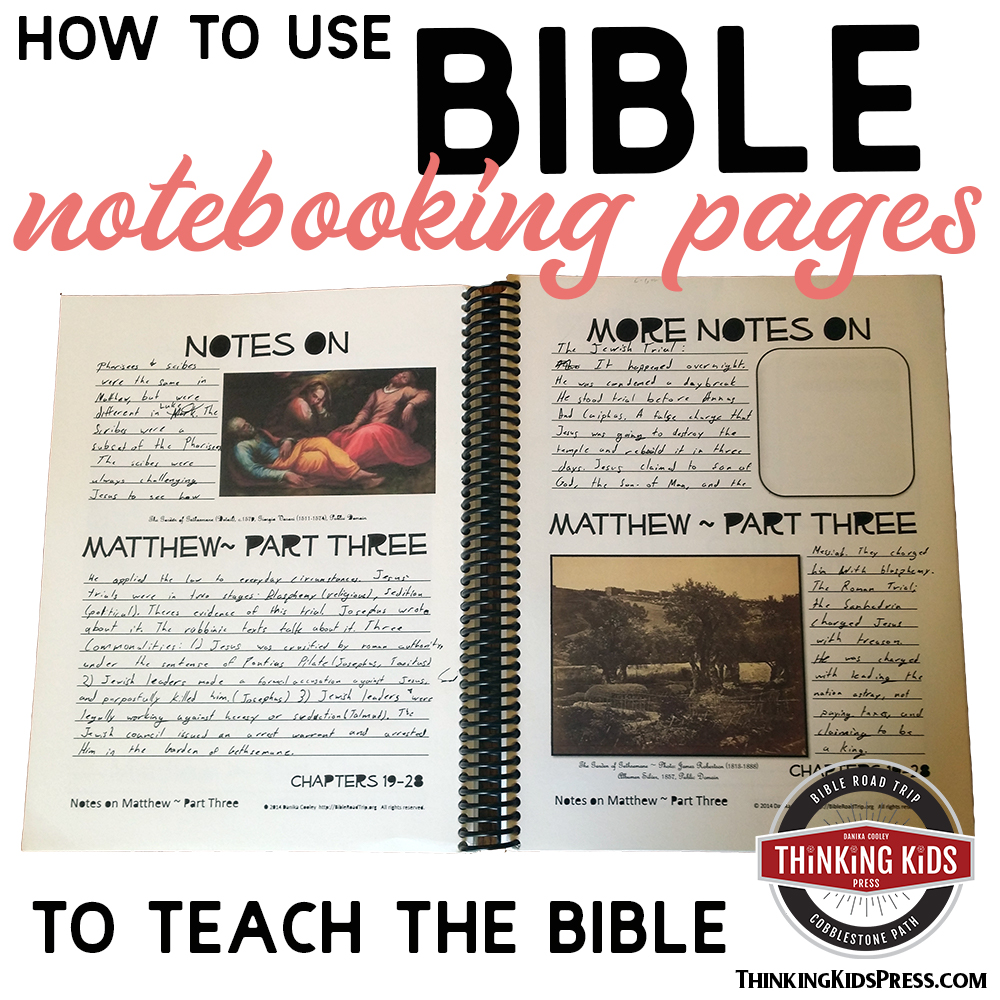
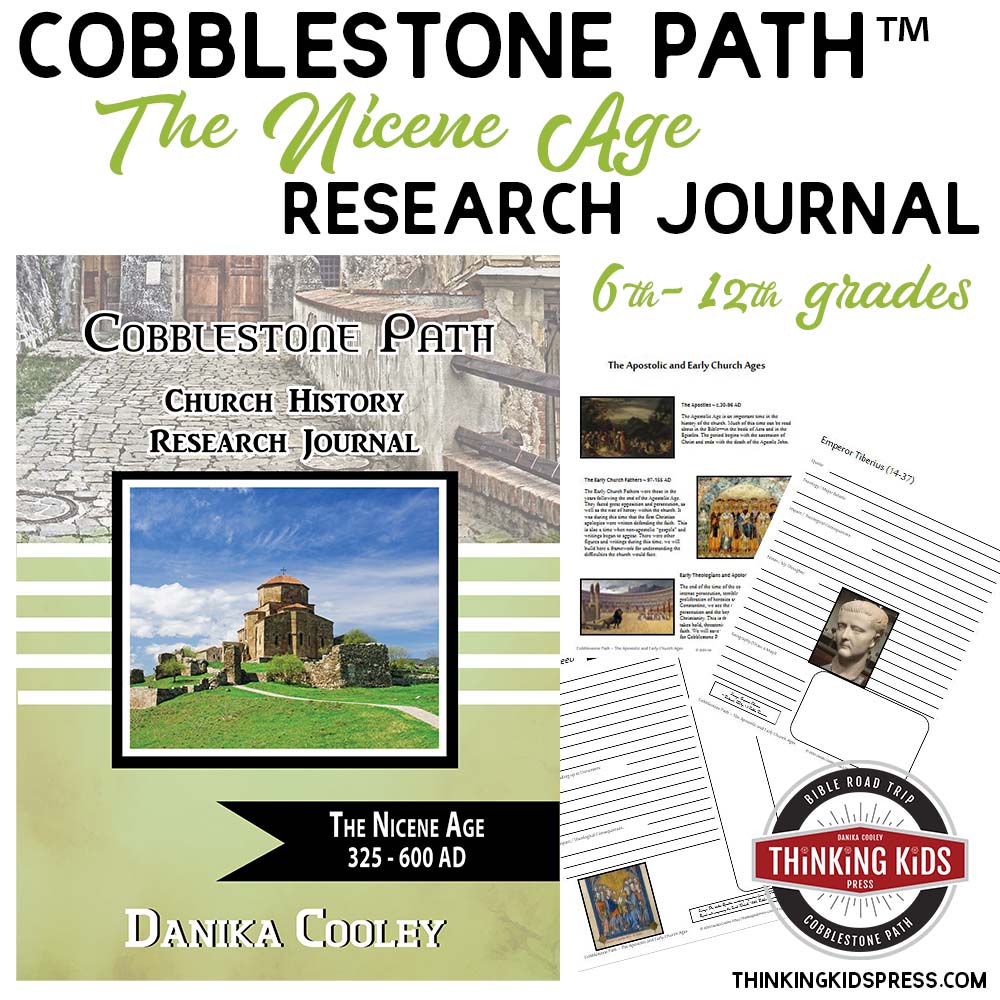






















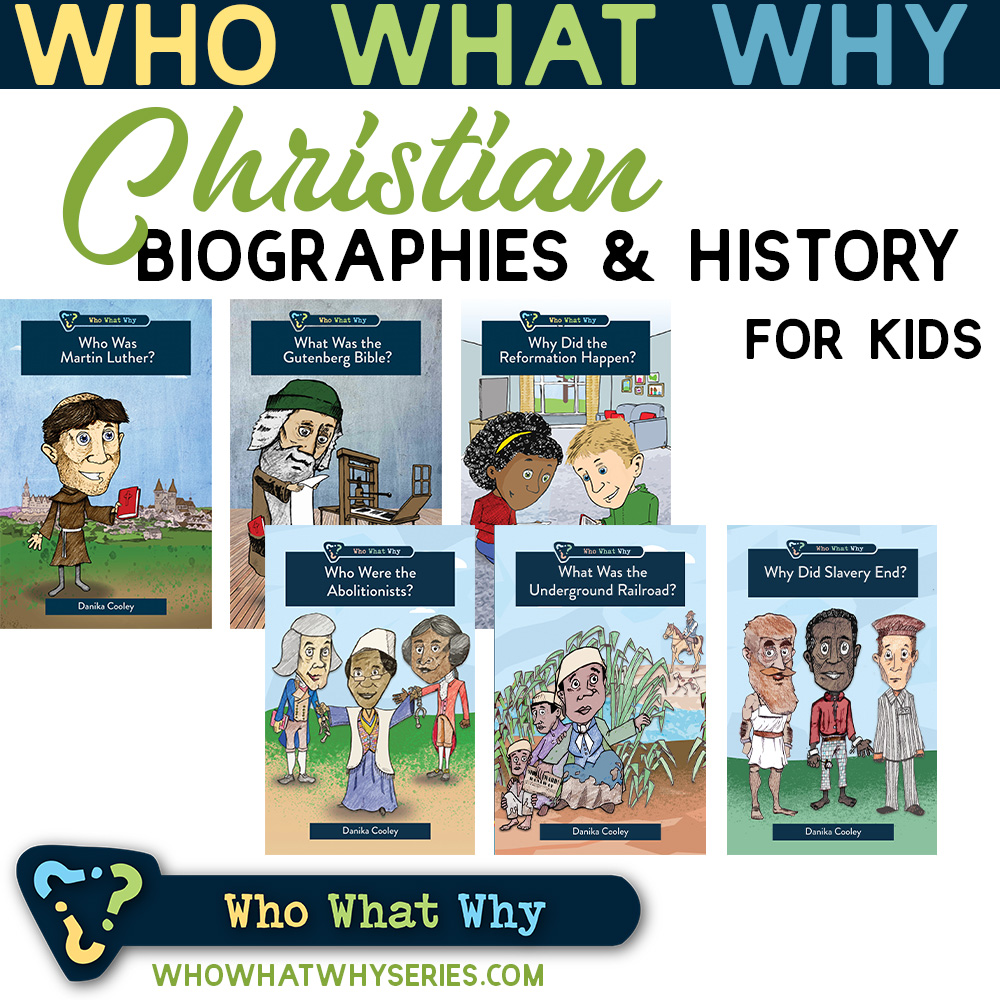





















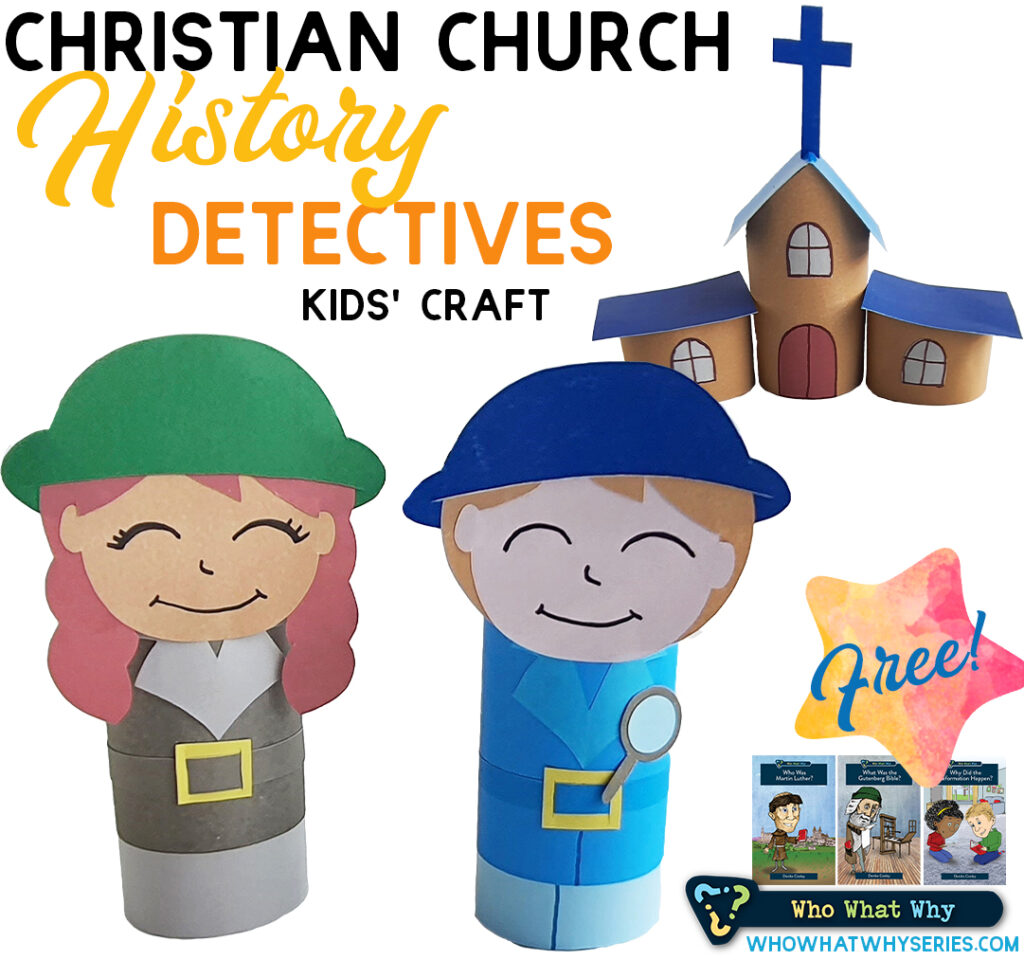


























Leave a Reply